.
Speaking at the National Assembly on the morning of June 17, delegate Nguyen Hoang Bao Tran (Vice President of the Binh Duong Provincial Labor Federation) said that after the merger, the scale of the provincial and communal levels increased significantly, and the workload and pressure on officials and civil servants were also much greater than before.
Many people have to take on additional jobs, work away from home, affecting their lives and spirit. In the context of streamlining the apparatus, administrative reform, and digital transformation taking place strongly, many officials, civil servants, and workers are gradually being replaced. However, retraining or career change is very difficult, even impossible for many people due to age, qualifications, family circumstances, or working conditions.
Delegate Tran expressed concern that if there is no fundamental, humane and sustainable solution, it could lead to undesirable consequences. In addition to support for those who leave their jobs after the reorganization, she suggested that the Government soon reform the salary policy for the staff and civil servants who are retained and assigned to work in the new apparatus. "Doing so will not only create motivation, but also help reform the apparatus more effectively, and streamlining the payroll will also have practical significance," she said.
In addition, the delegate proposed that the Government urgently amend the personal income tax because the current regulations are outdated and due for adjustment according to law, while people have waited too long. "I propose to build a national job transition fund to support laid-off workers; at the same time, develop a social service ecosystem that adapts to technology, creating opportunities for vulnerable groups," said Ms. Tran.
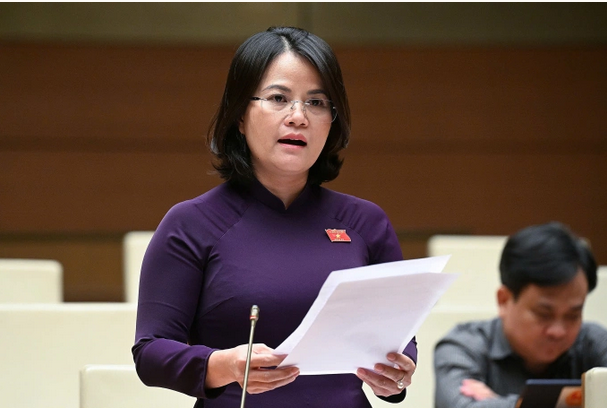 |
| Delegate Nguyen Hoang Bao Tran (Vice President of Binh Duong Provincial Labor Federation). Photo: National Assembly Portal |
In April, Minister of Home Affairs Pham Thi Thanh Tra said the Government was reviewing salary policies in line with the two-tier government model and the post-reorganization apparatus. It is expected that by the end of June, a decree replacing current regulations on salaries and allowances for officials, civil servants, and public employees after the district level is abolished will be issued.
2026 is identified as the year to complete the entire institutional system from the central to local levels, including policies that directly impact the two-level local government and staff. However, due to the huge budget costs, the Government has not proposed to adjust the basic salary or change related policies in 2026.
Supplementing resources for commune level to serve people and businesses
Delegate Duong Van Phuoc (Deputy Head of the National Assembly Delegation of Quang Nam Province) stated the current situation when the two-level local government is implemented, the commune level will be the place to directly receive, process and resolve most administrative procedures - also the level closest to the people and businesses.
However, after the restructuring of the apparatus, if the staff and civil servants are not fully equipped with professional skills, public ethics and correct awareness, it can lead to an avoidance mentality, hindering the implementation of progressive policies of the Party and State.
Therefore, he suggested that the Government soon issue a mechanism to bind responsibilities and provide specific implementation guidelines, so that communes have sufficient legal basis to effectively perform their functions and tasks. At the same time, communes need to be comprehensively invested in human resources, material resources and policy mechanisms to create a professional and favorable working environment for commune-level civil servants to contribute and mature.
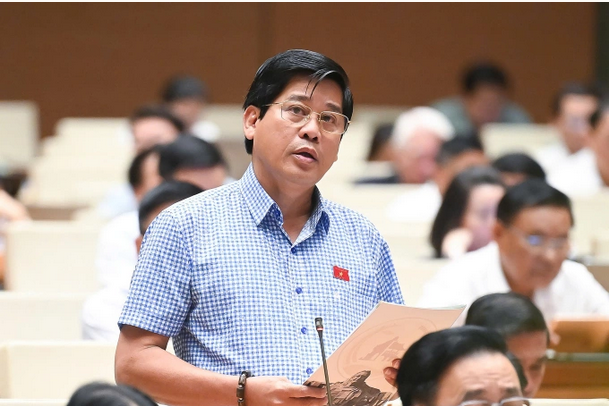 |
| Delegate Duong Van Phuoc (Deputy Head of the National Assembly Delegation of Quang Nam Province). Photo: National Assembly Portal |
Also giving her opinion on the grassroots cadre team, delegate Siu Huong (Deputy Head of the National Assembly Delegation of Gia Lai Province) proposed that the Government develop a long-term strategy for ethnic minority cadre work. According to her, many localities have issued policies to plan, train and develop this team based on the Central Government's guidance, but the results are still limited.
By 2023, the proportion of ethnic minority cadres and civil servants at the provincial level will only reach about 7.2%; at the district level it will be 5.8% and at the central level it will be even lower. The number of ethnic minority cadres with post-senior specialist qualifications and qualified to hold leadership and management positions is still very small - not meeting the requirements of the digital transformation period.
"Implementing two-tier local government and merging provinces and cities requires higher management capacity, skills and expertise, so a fundamental solution is needed," she emphasized.
The female delegate suggested that the Government develop a comprehensive project on ethnic minority cadre work, including planning, resource creation, training, recruitment, use and appointment. Agencies need to study specific mechanisms and policies on training and fostering, as well as clearly stipulate standards and conditions in planning and appointing leadership and management positions for ethnic minority cadres, civil servants and public employees.
"The Government also needs to issue policies to detect and create early sources of cadres, along with a systematic, long-term training and development roadmap to meet the requirements of the new stage," said delegate Siu Huong.
According to vnexpress.net
Source: https://baoapbac.vn/xa-hoi/202506/de-xuat-som-tang-luong-cho-cong-chuc-tinh-xa-sau-sap-xep-bo-may-1045552/














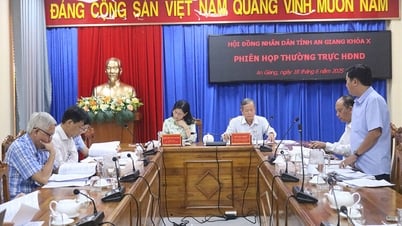


































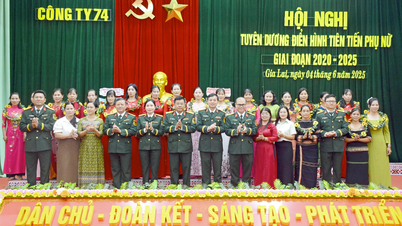
















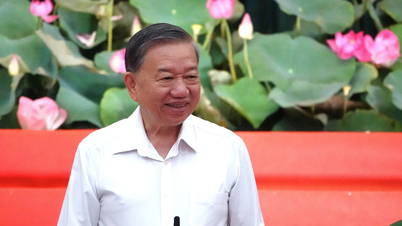
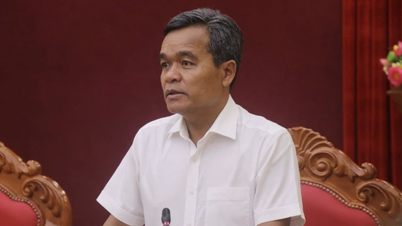
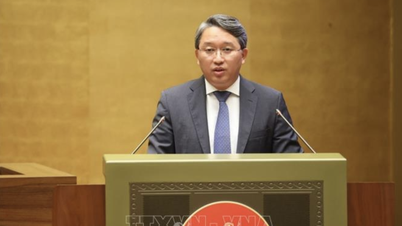



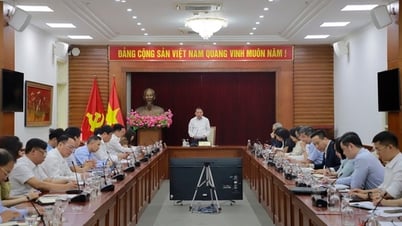
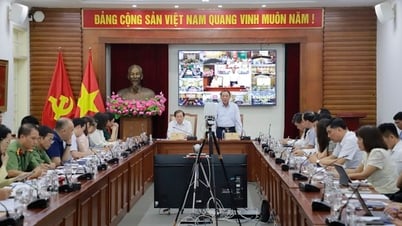





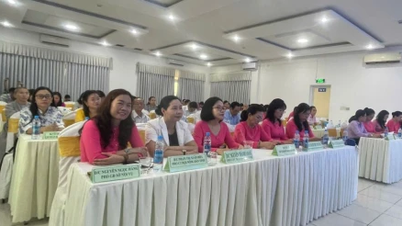

















Comment (0)